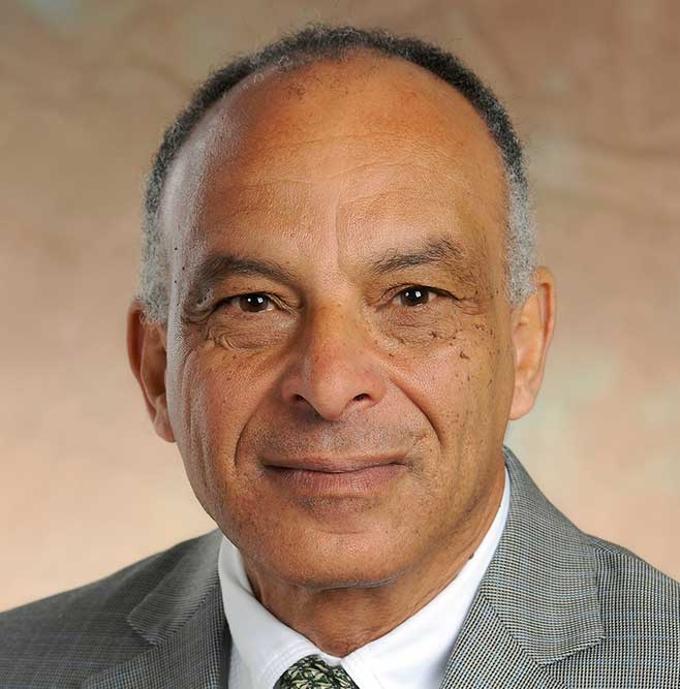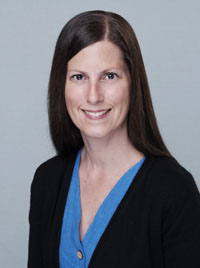Board of Directors
Esam Hussein, PhD, PEng, FCSSE, is a professor emeritus of Engineering and Applied Science and an adjunct professor in Physics at the University of Regina (UofR). He is also a professor emeritus of Mechanical Engineering at the University of New Brunswick (UNB). He retired as Dean of Engineering and Applied Science at UofR. After completing his undergraduate studies and a master's degree in nuclear engineering at Alexandria University, Egypt, he earned a PhD also in nuclear engineering from McMaster University. He was employed as a Nuclear Design Engineer at Ontario Hydro (now Ontario Power Generation). Subsequently, he joined the University of New Brunswick – Fredericton, where he taught in Chemical then Mechanical Engineering, and served as Department Chair, Associate Dean and President of the Association of UNB Teachers.
Dr. Hussein led a research program that focused on the industrial and medical uses of nuclear and atomic radiation for nondestructive testing and imaging to detect threat materials. His current research focus is on small modular reactors. He has supervised many graduate students, published numerous scientific papers and industrial reports, is a holder of six patents, and the author of three books on radiation science and applications. His research has led to the establishment of a start-up company (Inversa Systems, Ltd). Dr. Hussein received the Association of Professional Engineers and Geoscientists of Saskatchewan’s Outstanding Achievement Award in 2019, the Canadian Nuclear Innovation Achievement Award in June 2003, and the Sylvia Fedoruk Prize in 2000. He is currently a receiving editor of Applied Radiation and Isotopes and of Physics Open.
Hussein is a registered professional engineer in the Provinces of Saskatchewan, New Brunswick and Ontario, and a fellow of the Canadian Society for Senior Engineers. He has been a member of the Canadian Nuclear Society, American Nuclear Society, American Society of Mechanical Engineer, IEEE Nuclear IEEE Nuclear and Plasma Sciences Society and American Society for Nondestructive Testing. He is an executive councillor of the International Radiation Physics Society, and was a member of the working Group for the CANDU Reactor Textbook for the University Network of Excellence in Nuclear Engineering. Hussein served as a member of the Board of Governors of the University of New Brunswick and the Board of the Petroleum Technology Research Centre.
Dawn Pratt
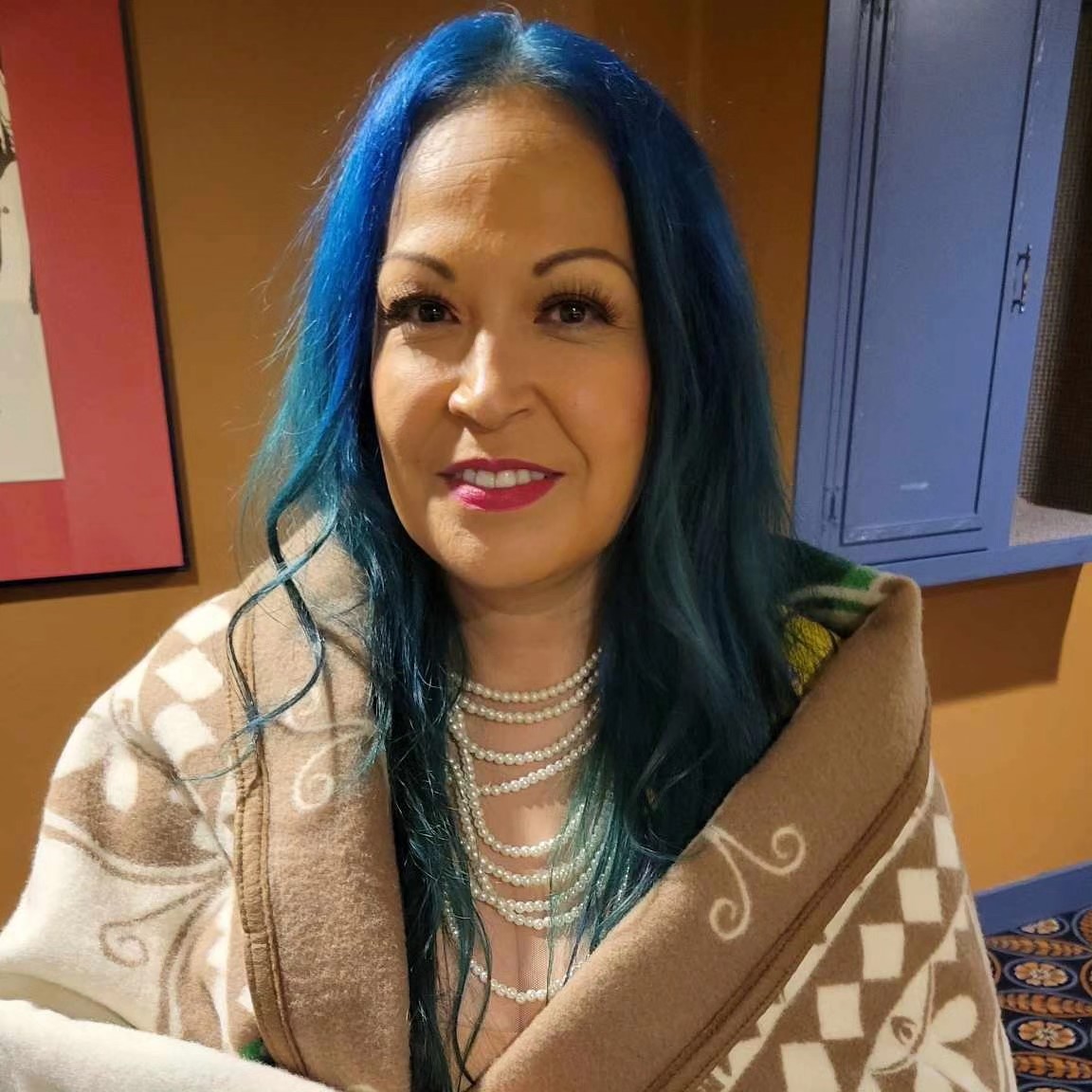
Vice-Chair of the Board of Directors
Dawn Pratt is a member of the Muscowpetung Anihšināpēk Nation. With varied experience in science education and an indomitable spirit, she has forged a professional consultancy company, askenootow STEM Enterprise, as an Indigenous STEM Educational expert for the past 20 years (STEM = science, technology, engineering, and math). Dawn earned a Master of Science degree with a specialization in the design of organic adsorbent materials directed toward the removal of arsenic from contaminated water (University of Saskatchewan, 2011).
Dawn is fundamentally driven to reinstate Indigenous Elder and Knowledge Keeper teachings into STEM education for the benefit of Indigenous Peoples’ futures. She seeks to amplify Indigenous STEM role models and Indigenized STEM content by transforming instructional practices and curricula in ways that embrace Indigenous cultural, linguistic, and land-based traditions and resources.
Dawn remembers the moment her career calling took shape; in grade 4, her parents bought her a chemistry kit. Since then, she has pursued her passion for understanding the chemical world and sharing the joys of scientific discovery with children, youth, and adults. As part of realizing her passions, she is deeply dedicated to raising her two daughters to approach the world with a curiosity for STEM, replete with confidence in the Indigenous heritage she too derived from her family.
Shawn Exner
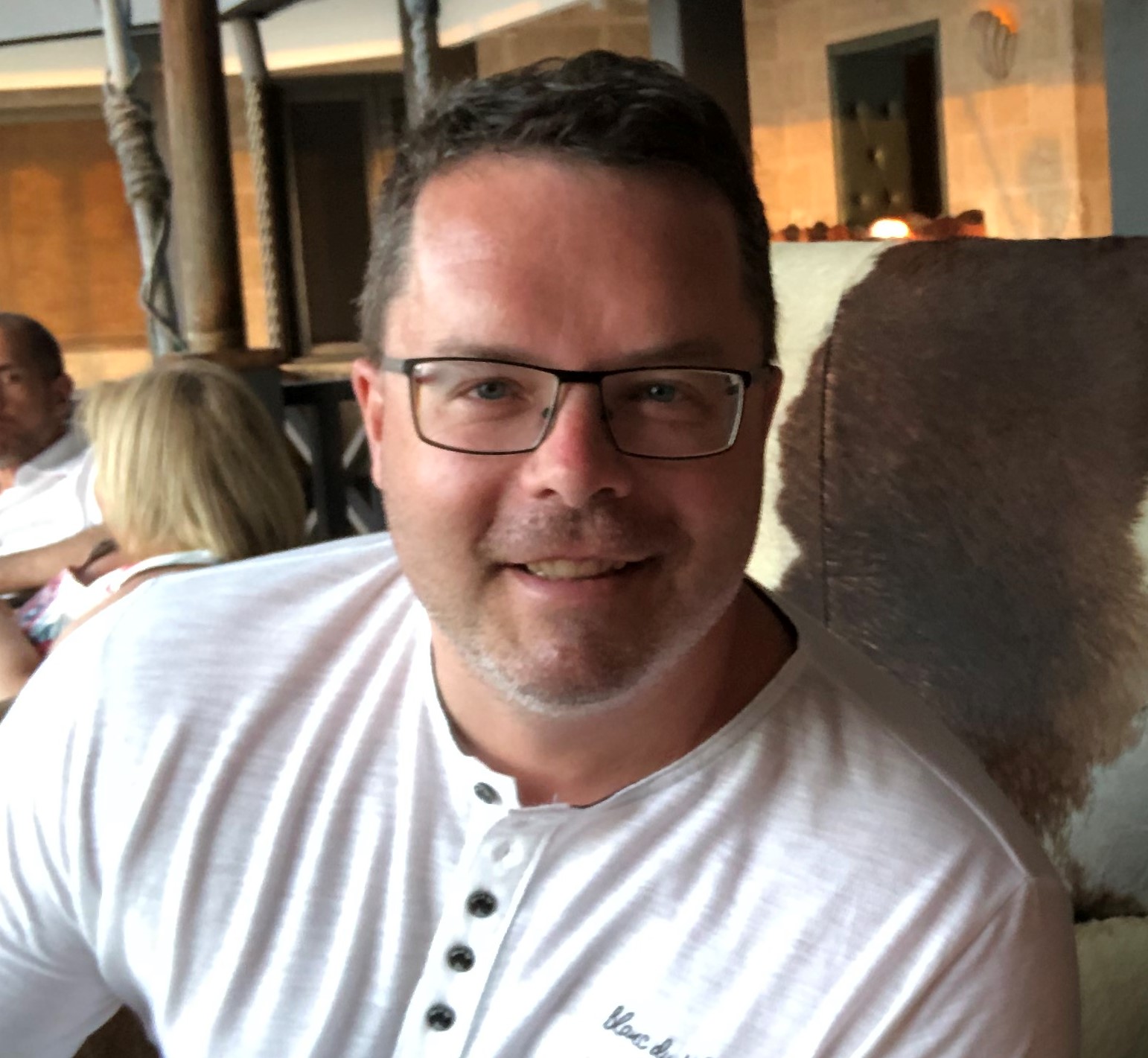
Shawn Exner is the Senior Director/Head of Corporate Development for Cameco Corporation, one of the world’s largest diversified nuclear fuel companies. Based in Saskatoon, his main responsibilities are to lead the evaluation and recommendation of investment and divestment opportunities for Cameco throughout the front-end of the nuclear fuel cycle (exploration, development, conversion, enrichment, and fuel fabrication). In addition, his responsibilities include the creation of new joint ventures or shareholder agreements and a variety of other commercial arrangements, as well as negotiating the restructuring of these agreements when circumstances warrant. Shawn has played a key role in Cameco’s acquisitions over the last 17 years and has been involved in the post-investment management and governance related to Cameco’s investments in the Bruce Power Limited Partnership, JV Inkai, Global Laser Enrichment and Westinghouse Electric Company.
Shawn holds a Bachelor of Commerce degree from the University of Saskatchewan and is a Chartered Professional Accountant and a member of the Chartered Professional Accountants (Canada). Shawn has been with Cameco for 28 years with the first 10 years in various financial reporting and long-term planning roles, and the last 18 years with Corporate Development.
Brigitte Guérin

Iain Harry
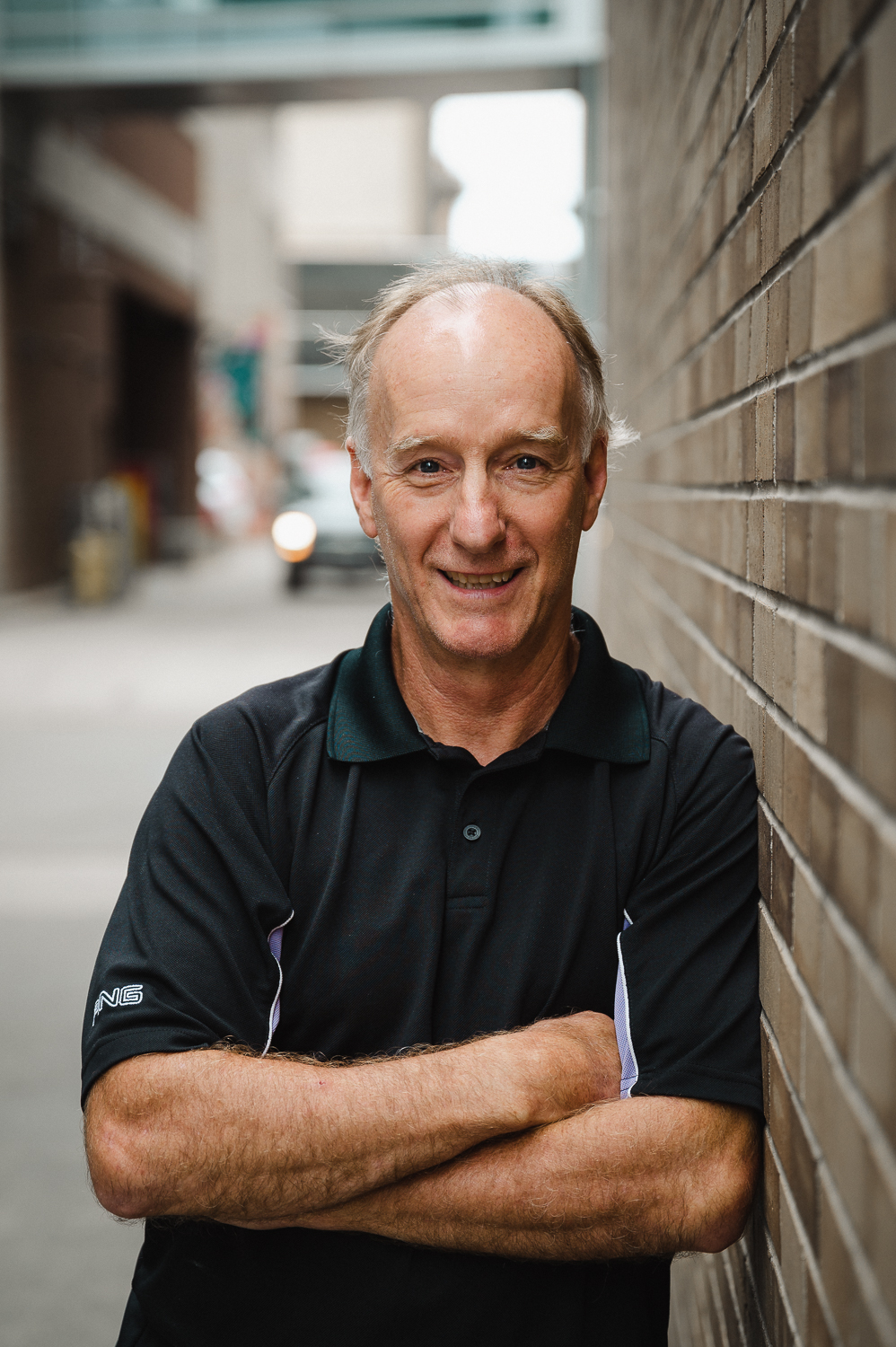
Deidre (Dee) Henne
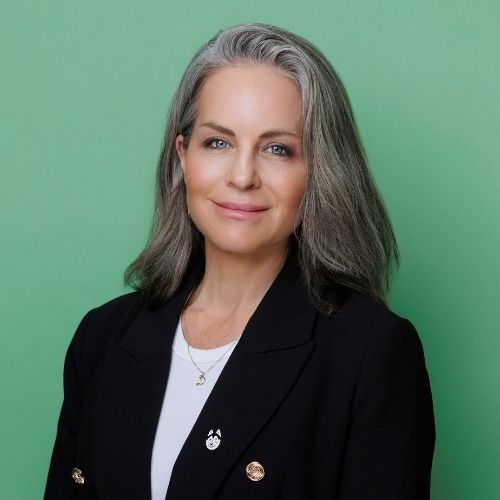
Deidre ("Dee") Henne is the University of Saskatchewan's Chief Financial Officer (CFO), reporting to the President and working with the university community to develop financial strategies to ensure financial sustainability and resiliency, and to invest in advancing the university's mission and strategic priorities.
Originally from Hamilton, Dee has over 25 years of experience supporting both higher education and health sciences in research-intensive settings. Dee has taken residence in Saskatoon close to the university to support a 5-year term July 1, 2024 to June 30, 2029. Prior to joining the university, Dee established her own advisory services company, LEAD, serving non-profit organizations in areas of strengthening financial health, strategic resource allocations, and sustainability-related financial reporting. Dee also served as Chief Financial Officer at McMaster University and served Hamilton Health Sciences (Canada’s second largest research hospital).
Dee’s past community and volunteer work includes serving City of Hamilton’s Ward 1 Budget Committee, Human Resources Professionals Association (HRPA) Board, Community Care Access Centre’s Board, and more. Dee’s most recent voluntary role is a 3-year (July 2024 to June 2027) appointment on Canada’s new Reporting and Assurance Standards Oversight Council (RASOC), which oversees the work of the Accounting Standards Board (AcSB), Public Sector Accounting Board (PSAB), the Canadian Sustainability Standards Board (CSSB), and the Auditing and Assurance Standards Board (AASB).
Dee has been recognized for her contributions to the Ontario and Canadian higher education sector, receiving the Canadian Association of University Business Officers (CAUBO) Leadership in Learning award in 2017, the Council of Ontario Financial Officers Distinguished Leadership Award in 2019, and CAUBO’s most distinguished recognition the 2023 Ken Clements Award, which recognizes an administrator who has demonstrated outstanding leadership and has made an extraordinary contribution to the advancement of higher education administration.
Kim Kearfott
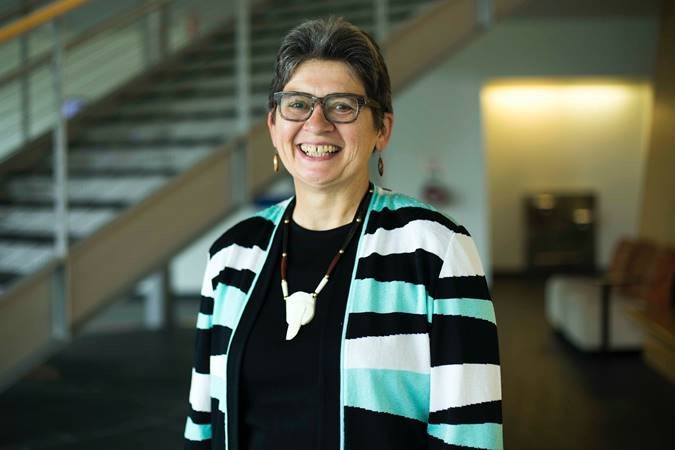
Kim Kearfott is a board-certified radiation safety specialist at both the practitioner (NRRPT) and professional (CHP) levels. She is a tenured full Professor of Nuclear Engineering and Radiological Sciences at University of Michigan with a Doctor of Science degree from M.I.T. with a doctoral minor from Harvard School of Public Health (nuclear medicine imaging, medical physics, radiation biology). She also earned a Master of Engineering degree in Nuclear Engineering from the University of Virginia in nuclear reactor safety. Professor Kearfott received National Science Foundation Presidential Young Investigator, Society of Nuclear Medicine Tetalman, Health Physics Society Elda Anderson, and American Nuclear Society Women's Achievement and Rockwell Lifetime Achievement awards. She is a Fellow of the Health Physics Society, the primary scientific organization of radiation protection specialists in the United States. She has served on the national board of directors of both the American Nuclear Society and the Health Physics Society. She completed training in the first class of FEMA Radiological Operations Support Specialists (ROSS).
Kim Kearfott has more than four decades of research and applied experience in radiation detection and radiological safety. She began her career in reactor safety analysis. She then became known for her early work on internal dose assessments for Positron Emission Tomography (PET) and for her designs of clinical PET facilities. She performed pioneering work in radon: discovering and mitigating the highest ever recorded domestic indoor radon air concentration. She has conducted projects in the personnel radiation monitoring, external dosimetry, and internal dose assessment. Her current research is the design of radiation detection systems for environmental radiation, homeland security, and nuclear weapons verification. Dr. Kearfott maintains an interest in measurement systems of all types, including the detection of conventional explosives. She holds several patents on radiation detection methods and detectors. Dr. Kearfott has supervised ~ 447 graduate and undergraduate student projects, resulting in more than 565 publications. An experienced teacher, Prof. Kearfott has presented more than 250 talks, 83 formal undergraduate and graduate courses, and 37 short courses.
Baljit Singh
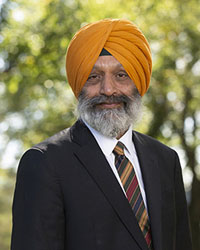
Dr. Baljit Singh is a highly accomplished researcher, educator and administrator in the field of veterinary medicine, with specific expertise in lung biology and anatomy. He began his role as Vice-President Research at the University of Saskatchewan in 2021, after serving as Dean of the University of Calgary Faculty of Veterinary Medicine (2016 – 2021), and serving as Associate Dean of Research at the Western College of Veterinary Medicine at the University of Saskatchewan (2011 – 2016).
Dr. Singh’s formal education includes a Bachelor of Veterinary Science and Animal Husbandry (BVSc and AH) and Master of Veterinary Science (MVSc) from Punjab Agricultural University in Punjab; a PhD from the University of Guelph; post-doctoral training at Texas A&M University and Columbia University, New York; and he completed licensing requirements set by the Canadian Veterinary Medical Association (CVMA) and American Veterinary Medical Association (AVMA) for foreign veterinary graduates.
Dr. Singh has received the 3M National Teaching Fellowship, the University of Saskatchewan’s Provost’s Prize for Innovative Practice of Teaching and Learning, University of Saskatchewan Master Teacher Award, and the Carl J. Norden Distinguished Teacher Award. He has also received the Outstanding Veterinary Anatomist Award from the American Association of Veterinary Anatomists, as well as the Pfizer Award for Research Excellence. In 2013 he was named a fellow of the American Association of Anatomists.
Dr. Singh’s research has focused on cell and molecular biology of lung inflammation. He is the author or co-author of more than ninety peer-reviewed journal articles and books, and has supervised the research training of more than eighty undergraduate, graduate and postdoctoral students.
Avery Vold
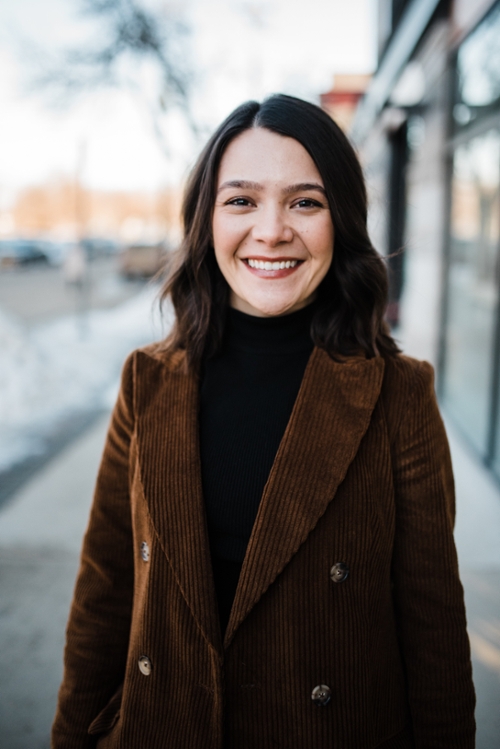
Avery Vold was appointed Vice President, Economic Development and Research Investments in January 2023. She joined Innovation Saskatchewan in 2018 and held various roles in Corporate Services, Strategy, and Governance. Prior to joining Innovation Saskatchewan, Avery spent four years with the University of Saskatchewan working in the Edwards School of Business, Executive Education department developing and administering professional development programs for the business community.
Avery holds a Bachelor of Commerce, majoring in Finance, from Edwards School of Business and a Master of Public Administration from Johnson Shoyama Graduate School of Public Policy. She is currently a board member of Saskatchewan’s first tech incubator, Co.Labs, the Global Agri-food Advancement Partnership, Interval House and Saskatchewan Jazz Festival.
Dwight Newman
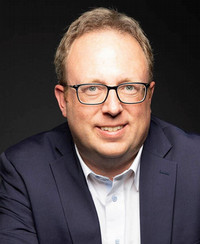
Dwight Newman, KC, DPhil (Oxon) is Professor of Law and Tier 1 Canada Research Chair in Rights, Communities, and Constitutional Law at the University of Saskatchewan, where he has been on faculty since 2005.
He previously served the maximum two terms in a Canada Research Chair in Indigenous Rights in Constitutional and International Law from 2013 to 2023. He also previously served a term as Associate Dean of Law. He has over 200 publications of various types, including 15 books. His writing is regularly cited as an authority in judicial decisions, and he has been cited in at least 18 Supreme Court of Canada decisions. He has been on academic fellowships or visitorships at a range of prestigious institutions, including Cambridge, Oxford, l'Université Laval, McGill, Princeton, l’Université de Montréal, Toronto, University of Western Australia (UWA), and University of the Witwatersrand (Wits). He is a member of the bars of Ontario and Saskatchewan and works on some constitutional law files. He was a law clerk to Chief Justice Antonio Lamer and Justice Louis LeBel at the Supreme Court of Canada and has also worked for Justice Canada (seconded part of the time to the Pay Equity Task Force Secretariat) and for human rights organizations in Hong Kong and South Africa. His initial studies were in his home province of Saskatchewan (BA in Economics at Regina and JD at Saskatchewan), and he completed three graduate degrees at Oxford as a Rhodes Scholar (BCL, MPhil, DPhil). He recently completed two additional graduate degrees deepening his interdisciplinary understandings and sense on the social place of law (MATS in History of Christianity and MSc in Finance and Financial Law).
He serves as a Commissioner of the Law Reform Commission of Saskatchewan, and he has served in various board or committee roles, including at different times as Co-Chair of the American Society of International Law (ASIL) Rights of Indigenous Peoples Interest Group, member of the International Law Association (ILA) Committee on the Implementation of the Rights of Indigenous Peoples, voting member of the Canadian Bar Association (CBA) national council, Vice-President of the Canadian Law and Society Association (CLSA), Vice-Chair of the board of a non-profit providing homes for individuals with intellectual disabilities, and member of the boards of organizations involved in public interest litigation and education (Canadian Constitution Foundation and Advocates for the Rule of Law). In addition to all Canadian provinces and territories, he has travelled to over 80 countries.
Dave Tucker

Dave Tucker is a nuclear industry professional with over 37 years of experience in leadership roles in the Canadian and International nuclear sector focused on enabling research, nuclear facility operations and medical isotope production.
Dave’s first job in nuclear was as a McMaster University student operator at the age of 18, and he went on to spend the bulk of his career with McMaster as part of the nuclear leadership team managing the health physics and nuclear licencing and regulatory affairs activities for the University and its hosted institutions (including the Centre for Probe Development and Commercialization) during a major period of expansion and update while also teaching extensively in the graduate and undergraduate health physics programs. Dave retired from McMaster in 2025 as the Associate Vice President Nuclear and Chief Nuclear Officer. In that role, he was responsible for the University’s suite of nuclear facilities, including the 5MW McMaster Nuclear Reactor, ensuring their safe and sustainable operation and deployment in pursuit of the University’s nuclear research, education and commercial medical isotope priorities. This was preceded by a term at the International Atomic Energy Agency as the Head of the Radiation Safety Technical Services Unit, providing safety support for the agency’s global operations. Earlier in his career, Dave spent nine rewarding years at Chalk River Nuclear Laboratories as a health physicist and section head in several roles including managing the radiation safety training and qualifications program, leading radiological emergency preparedness and response activities and heading up the radiation safety team providing support to the NRU reactor.
During his career, Dave has exercised skills as a strategic leader and administrator, led teams of over one hundred professional and technical staff, managed multimillion dollar operating budgets and major capital assets, acted as a spokesperson and partnership builder with government and private sector and with the media and the public and participated in complex union negotiations. He is the past President of the Canadian Radiation Protection Association (CRPA), Past Chair of the National Registry of Radiation Protection Technologists (NRRPT), and served two terms as a member of the American Board of Health Physics Panel of Examiners. Dave holds an MSc in Medical Physics (McMaster) and Certification in the comprehensive practice of health physics by the American Board of Health Physics. He is a Register Radiation Safety Professional with the CRPA and a Registrant and Fellow of the NRRPT.
Dave is a current member of the Board of Neutrons Canada and of the Sylvia Fedoruk Canadian Centre for Nuclear Innovation.

